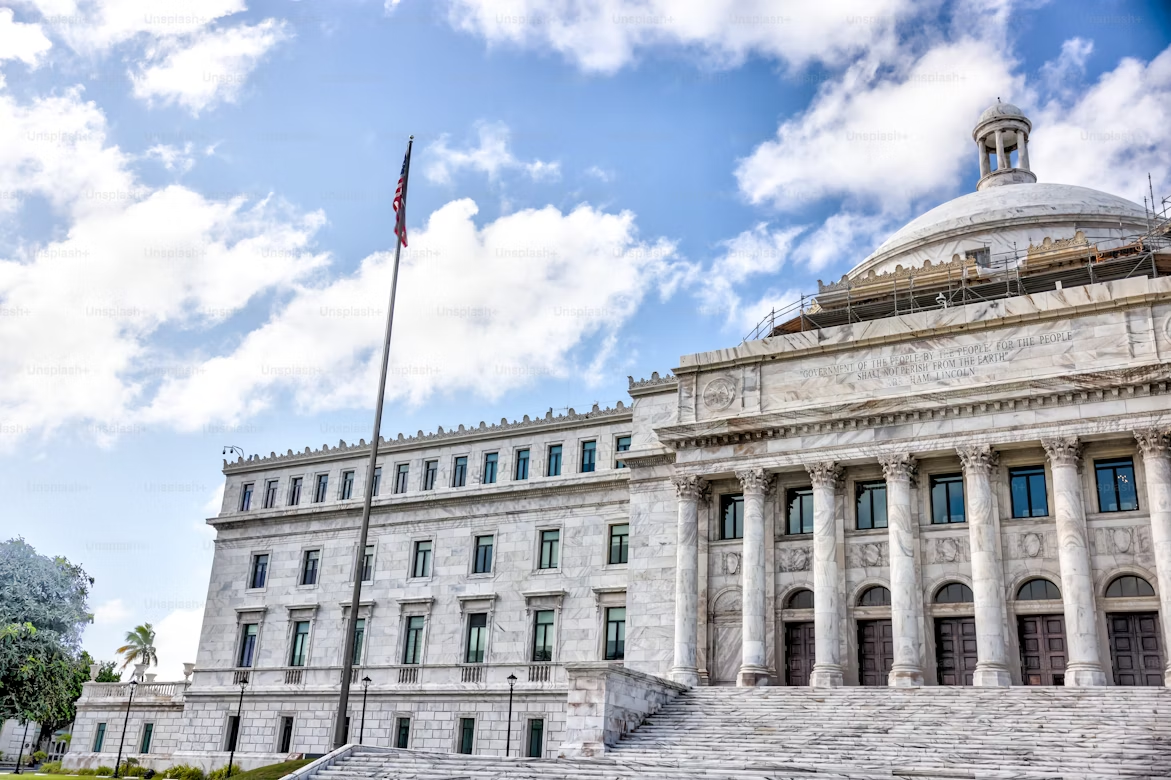In a shift from its aggressive rate-hiking strategy of the past two years, Federal Reserve officials are signaling the possibility of interest rate cuts in the coming months. With inflation cooling and job growth weakening, policymakers are reassessing whether maintaining high borrowing costs for too long could slow economic growth more than necessary.
A Turning Point for U.S. Monetary Policy
Since early 2022, the Federal Reserve has raised interest rates multiple times to combat historically high inflation, pushing rates to their highest levels in decades. While these hikes have helped slow price increases, they have also dampened economic activity, particularly in housing, business investment, and consumer lending.
Now, as inflation moderates and labor market conditions soften, some Fed officials argue that keeping rates too high for too long could increase the risk of a deeper economic slowdown.
Federal Reserve Officials on the Outlook
Mary Daly, President of the San Francisco Federal Reserve, has emphasized that the central bank must remain “data-driven” and be prepared to lower rates if inflation continues to decline.
Neel Kashkari, President of the Minneapolis Federal Reserve, has warned that an overly restrictive policy could hinder long-term economic growth, highlighting the need for flexibility in monetary policy decisions.
Federal Reserve Chair Jerome Powell has taken a more cautious approach, stating that the Fed will carefully assess incoming economic data before making any policy adjustments. While he has not committed to a rate cut timeline, he has acknowledged the shifting economic conditions.
Market Reactions and Economic Impact
Financial markets responded positively to the signals from Fed officials, with stock indexes rising as investors anticipated the likelihood of lower borrowing costs.
Mortgage rates, which have remained elevated for months, could decline, offering potential relief to homebuyers and the real estate market. Lower interest rates could also reduce costs for auto loans and business financing, potentially boosting consumer spending and corporate investment.
Balancing Growth and Inflation Risks
While a rate cut could ease financial pressure on consumers and businesses, some economists caution that acting too soon could lead to a resurgence of inflation, particularly if global supply chain disruptions or energy price shocks re-emerge.
The Federal Reserve’s next meeting in September will be closely watched for any policy shifts, as markets and businesses seek clarity on the potential timing of rate cuts.
The Road Ahead
The Fed’s decisions in the coming months will be critical in shaping the economic trajectory for the rest of 2024 and beyond. If rate cuts are implemented, they could ease financial burdens, stimulate investment in key industries, and help prevent a deeper economic slowdown.
However, policymakers must carefully navigate the risks of inflation rebounding, making the next steps in monetary policy crucial for maintaining economic stability.


